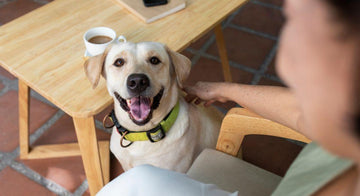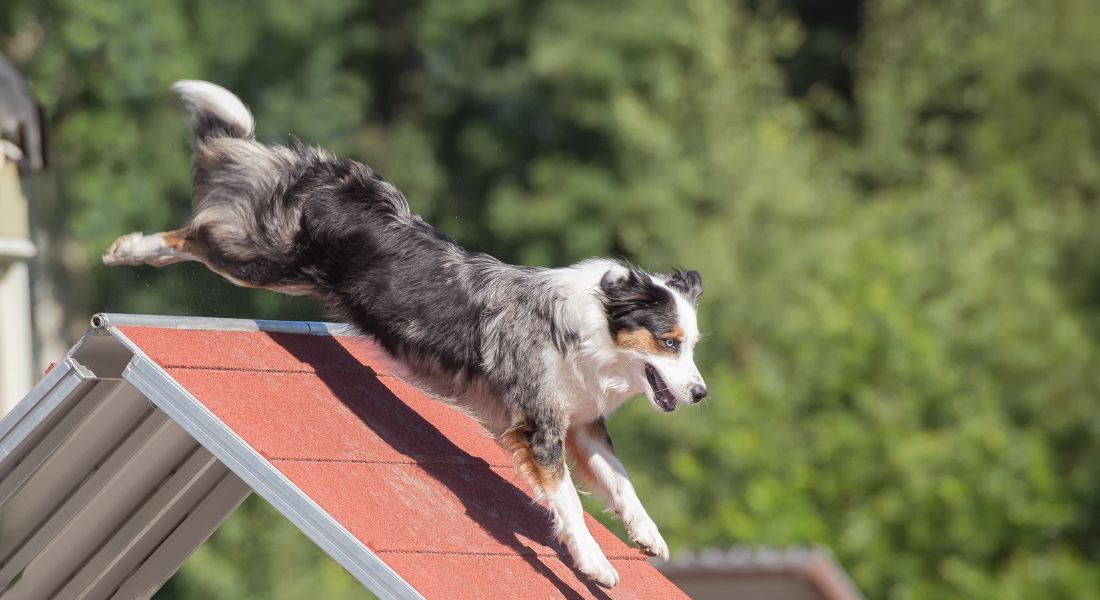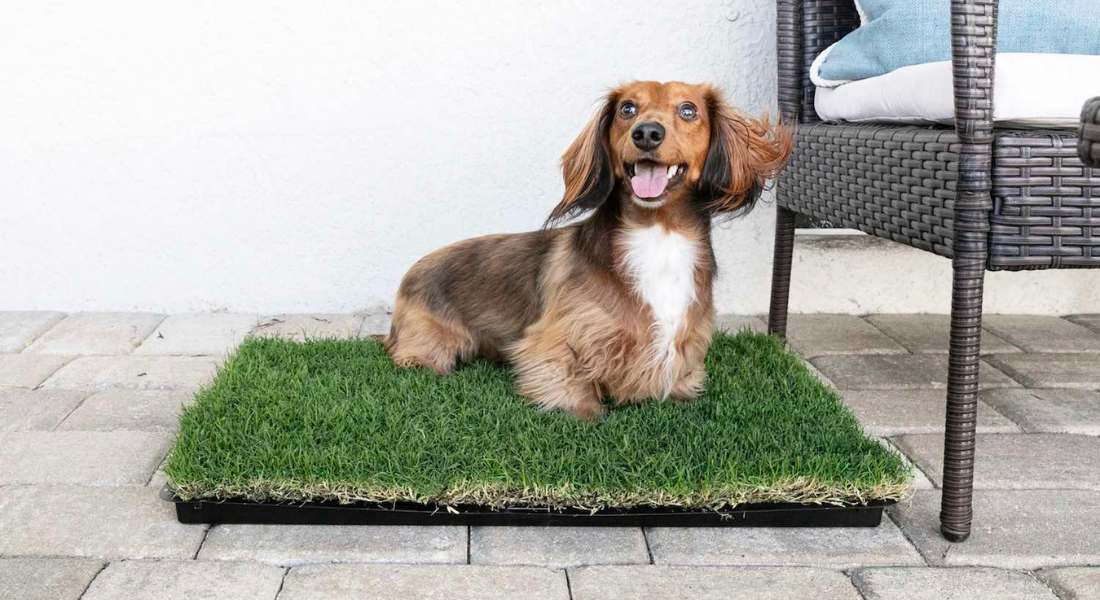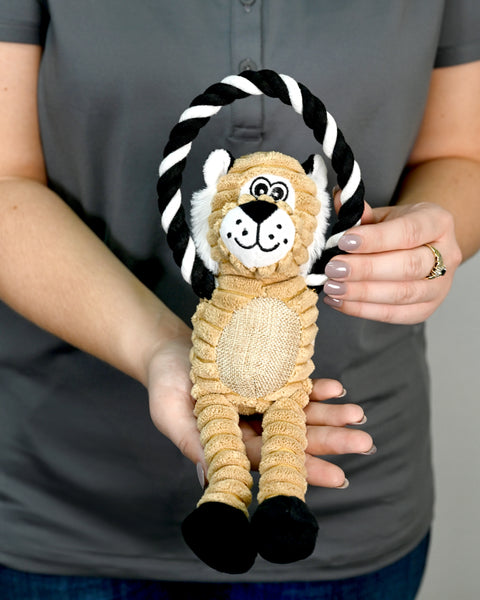
Boarding your dog for the first time can be an equally stressful and emotional experience for you and your dog. It can dampen the excitement of your travels as you worry about their well-being.
However, with proper preparation and research, you can make the transition easier for everyone. If you're considering boarding your pup, Gotta Go Grass, a trusted provider of grass pee pads for dogs, shares tips to ensure a stress-free boarding experience while you're away.
First Time Boarding Your Dog? Here's Everything You Need to Know
Boarding facilities, including traditional kennels, pet hotels, or dog daycare centers, are valuable for situations such as emergencies or vacations when you need to keep your dog in a safe environment. These facilities cater to overnight or short-term stays, providing essential care like food and exercise. Some even offer grooming services and other special treatments.
While the scope of services these facilities offer can vary, most adhere to similar regulations and policies regarding pets. These may include requirements for up-to-date vaccinations, potty training, and socialization training. It highlights the importance of doing your research and selecting a facility that aligns with your pet's needs and your expectations.

Research Boarding Facilities
When researching boarding facilities for your puppy, start by checking options within your vicinity and reading online reviews to get firsthand feedback from real customers. See what they say about how the staff handles pets, as employee training and competence are paramount for your dog's health and safety. You can also ask your veterinarian for recommendations.
As you narrow down your options, consider key factors such as security, cleanliness, and amenities like beds, blankets, and plush toys. Additionally, inquire about the recreational and enrichment activities offered to keep your dog stimulated and prevent boredom, especially for longer stays.
Set Up an Appointment for an Interview
If you find a boarding facility you can trust to care for your dog, schedule a phone interview to discuss your dog's specific needs, such as food restrictions, feeding schedule, medications, and temperament. Remember to disclose whether your dog has a history of aggression with other people or dogs to avoid situations beyond their ability to handle. This conversation allows them to gather as much information as possible about your dog and determine if they can meet their needs and ensure their well-being.
Many boarding facilities also extend their service by offering trial stays, during which your dog can spend time with them before the boarding date. This trial period helps ensure that your dog is comfortable with the environment and that the facility is a good fit.
Socialization Training
If your dog shows signs of stress, anxiety, or aggressiveness around other dogs or exhibits protective behavior over their toys, space, or food, consider enrolling them in socialization training. This type of training helps dogs become more comfortable interacting with other animals or people or being in a different environment.
Ideally, socialization should begin between 3 and 15 weeks of age for puppies. However, it's never too late to start, as it can still help ease the transition into boarding. Alternatively, you can discuss this with your boarding facility, as they often have methods for gradually introducing your dog to socializing with other dogs at their facility.

Potty Training
Most boarding facilities require that your dog be potty trained or at least in the process of being potty trained. This requirement ensures a clean and sanitary environment and avoids potential health hazards for pets and staff.
Solutions like indoor grass potty pads for dogs from Gotta Go Grass can be incredibly helpful for dogs still in house training. These pads reinforce good bathroom habits by teaching your dog to pee in designated areas indoors. Because they use real grass, these potty pads recreate the sensory experience dogs associate with the outdoors, making the transition to indoor potty more seamless. This feature is not only beneficial for preparing your dog for boarding but also particularly useful for apartment living, where outdoor access may be limited.
Update Vaccines & ID Tags
In addition to the need to potty train your dog, it's also crucial to ensure that your dog is up-to-date on their vaccinations for health and safety reasons. Most pet boarding facilities have specific vaccination requirements—so find out what these are well in advance. Schedule a visit to your veterinarian at least two weeks before the boarding date, as many vaccines require this time to take effect and for dogs to develop immunity.
Moreover, remember to update your dog's ID tags and emergency contact numbers, including your vet's, in case of health emergencies. If your dog has a microchip, make sure it is updated with your current information as well.
Pack Food, Treats, Accessories, and Familiar Items
Ideally, you should provide your dog with food for their stay to avoid any dietary issues, especially diarrhea caused by a sudden change in diet and the stress of being in a new environment.
In addition to food, many boarding facilities suggest pet owners provide other important items, such as their dog's collar or leash. Sending them with a treat bag and something comforting from home, like their favorite plush toy, blanket, or bed, can also help them feel more at ease throughout their stay.

Takeaway
Preparing your dog for boarding for the first time involves several key steps, from doing your research to potty training and providing familiar items like their favorite treats, toys, or blankets to make them feel at home. These extra efforts not only ensure your dog’s comfort and safety but also help them have a positive boarding experience while you enjoy peace of mind while you’re away.
Do you have any other tips for first-time dog boarding? Let us know by leaving a comment!




